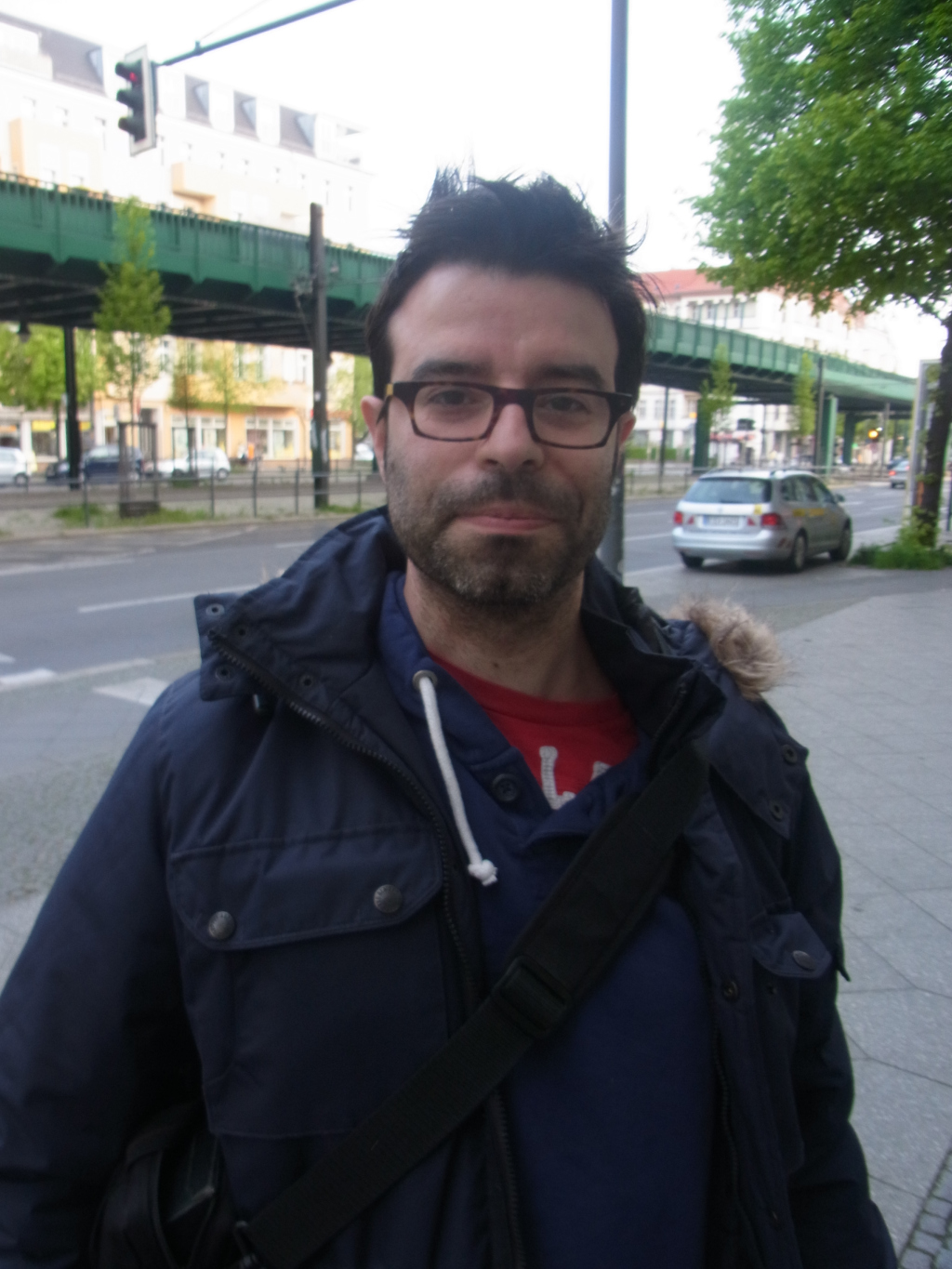
The truth about inequality
April 24, 2014
Reviving Clemency, Serving Justice
April 24, 2014Europe needs data scientists, too.
Just as training programs for data scientists have been springing up stateside, a new one is set to start training its first class of 10 students in Berlin next week.
The three-month program, Data Science Retreat, intends to provide participants with real wisdom on how to deal with data, not just the knowledge they can pick up in online courses from sites like Coursera and Udacity.
“Knowledge you can get from books, tutorials, blog posts, attending Coursera courses, and so on, but when you try to apply that knowledge, there is something missing,” the program’s director, Jose Quesada, told VentureBeat in an interview. The Data Science Retreat, he said, will impart wisdom by pairing students with mentors who can challenge them with hands-on projects and problems.
The approach could help turn out more people in Europe who can derive conclusions from different kinds of data and help companies adjust their products and approaches. And some can even help companies increase revenue or decrease expenses — two key themes we’ll be talking about at our DataBeat conference in San Francisco next month.
In the United States, more data scientists have been popping up as programs like the Zipfian Academy and the Insight Data Science Fellows Program continue to gain awareness, alongside data science programs at universities.
In Europe, programs like Science to Data Science and Persontyle’s courses are in earlier stages.
That could be because the U.S. is generally a couple of years ahead of Europe when it comes to technology, Quesada said. So European companies could go into a data scientist frenzy a couple of years after American companies did.
The idea of launching a program like the Data Science Retreat didn’t hit Quesada until recently.
Above: Quesada.
He had started the Hacker Retreat to bring less experienced developers together with more seasoned ones — sort of like Hacker School, but in Berlin. But then one applicant said he’d love to learn data science from the Hacker Retreat mentors.
Indeed, many of the mentors had data science experience and had been friends with Quesada, who himself has a background in data science. He has been a data science consultant for big companies, and he took a Ph.D. in machine learning from the University of Colorado at Boulder.
Mentors in the Data Science Retreat have experience as chief data scientists. Adam Drake, for instance, holds that role at affiliate marketing network Zanox.
“I want to get only people who have been there in the trenches and have the credentials,” Quesada said of the retreat’s mentors. He wants the sort of people who make decisions about which problems to go after, so students can walk away with that sort of mindset.
Training will encompass underlying data languages and technologies like Python, R, D3.js, Hadoop, and Spark. It will also include training on how to communicate with people who have less data science savvy — like chief executives.
Quesada decided that, unlike the Hacker Retreat, the Data Science Retreat would pay its mentors. Tuition comes in at 7,000 euros. But it’s also possible for students to get steep discounts and have a sponsor of the program pay the bulk of tuition. After graduation, they go to work for their sponsors. In that scenario, Quesada said, graduates will receive half of their expected salary for the first three months of their employment.
The sponsoring arrangement bears some resemblance to the business model at the six-week Data Incubator program in New York.
One sponsor of the Data Science Retreat, Microsoft Ventures, will provide the space for in-person meetings in Berlin’s Mitte neighborhood. MapR and the Unbelievable Machine Co. are also on board as partners.
And Quesada and fellow Retreat organizer Kai Wu haven’t had trouble drumming up applicants. They’ve got 10, half of them Ph.Ds. Now Quesada just wants to get on with sharing data science wisdom from one person to another, even if some graduates end up working in American offices.
“LinkedIn and Facebook, they are pretty well served by Insight right now, but there are many other companies — Amazon, for example — that do need data scientists on both sides of the ocean,” Quesada said. “There is no reason why we should work only with European companies. It’s just more convenient for them to come and do the interviews. But at this point in time, I think it’s totally worth it for a big company to fly someone [out] to do interviews.”





